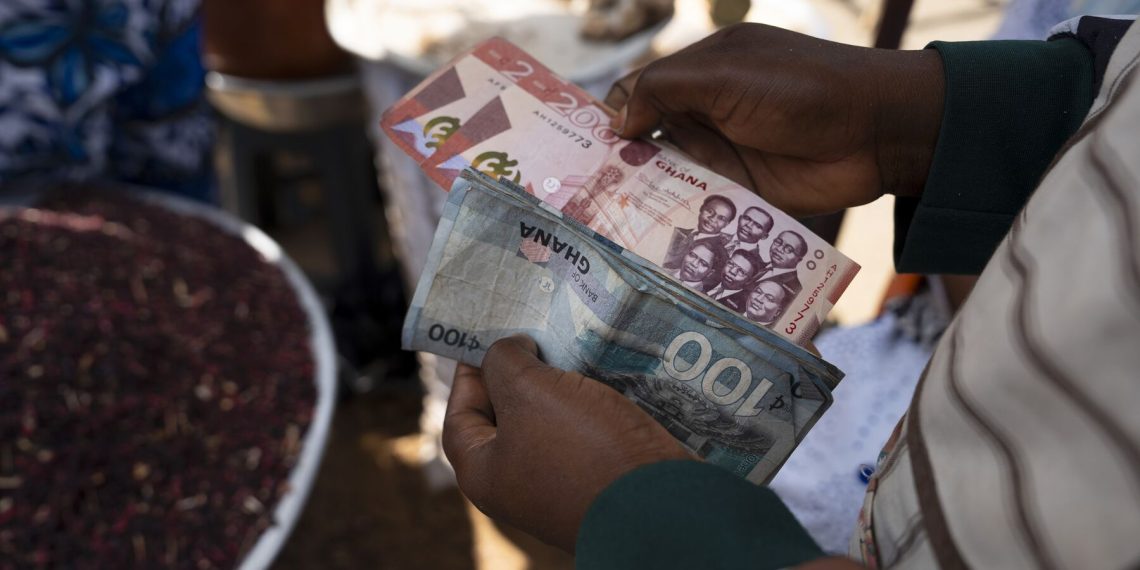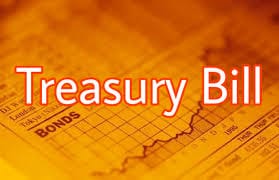The rapid appreciation of the cedi against the U.S. dollar has slowed sharply, halving from its mid-year peak as market pressures weigh on the currency.
The cedi has gained 21% year-to-date as of September 2025, compared with a 42.6% rally recorded in June, Bank of Ghana data shows.
The local unit traded at GH¢12.15 per dollar on the interbank market in September, down from its strongest levels earlier this year.
Between June and September, the cedi lost nearly 20% in value which has erased part of its earlier gains that had propelled it to the top of global currency rankings.
Performance against other major currencies was however mixed.
The cedi strengthened 6.9% against the Euro in September. It settled at GH¢14.23. However, it gained 11.8% against the British pound going for GH¢16.45
Earlier in June, the currency had surged 30.3% against the pound and 25.6% versus the Euro.
With the final quarter of the year in mind, import demand, remittance dynamics and monetary policy adjustments are expected to shape the trajectory of the local currency.
Governor, Dr. Johnson Asiama has blamed seasonal trade pressures and a slowdown in remittance inflows for what he describes as modest depreciation.
Speaking at the opening of the Monetary Policy Committee meeting on September 15, 2025, he said remittances have not been as strong as in previous periods. However, its impact on the cedi’s performance has been contained.
“Despite the seasonal pressures and a slowdown in remittance inflows in recent weeks, the cedi remains one of the strongest currencies globally. Year-to-date, it has appreciated by about 21% as of September 12,” Dr. Asiama said.
He added that the cedi is well performing alongside currencies such as the Russian ruble, Swedish krona, Norwegian krone, Swiss franc, euro and the British pound.
The Governor has pledged that the central bank will remain vigilant and intervene when necessary to preserve currency stability.












